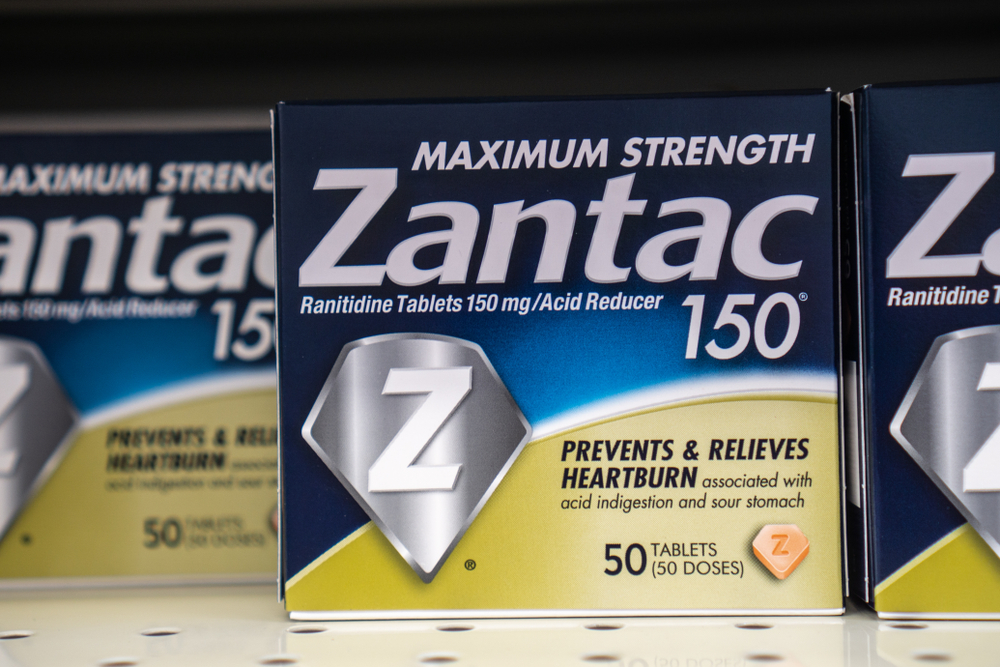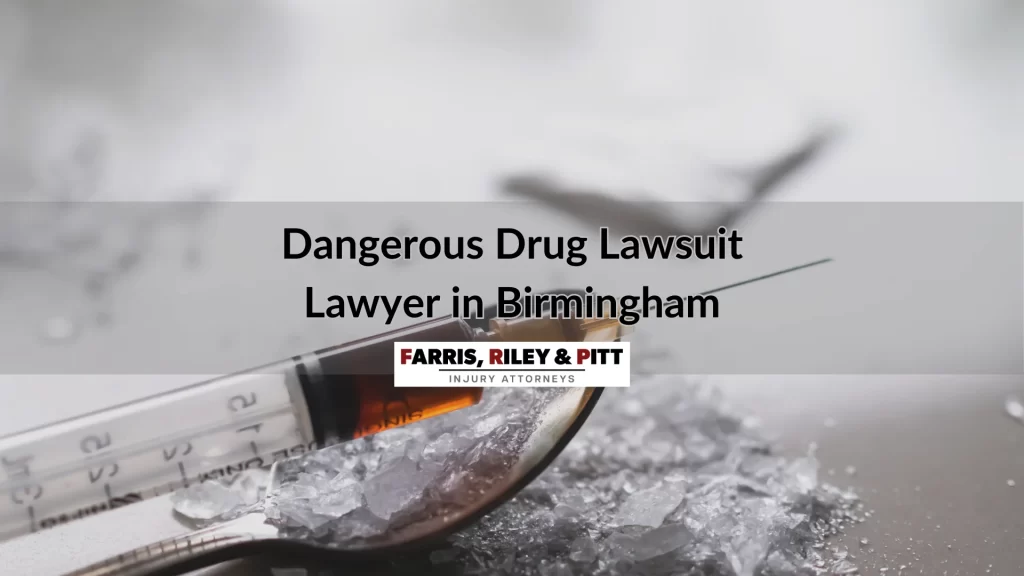Trulicity Lawsuit Basics: Know Your Rights and Options
Trulicity Lawsuit Basics: Know Your Rights and Options
Blog Article
Comprehending Your Legal Rights in a Dangerous Medicine Lawsuit
In the realm of drugs, navigating the intricacies of a dangerous drug lawsuit can be discouraging. As people become significantly mindful of the potential threats related to specific drugs, understanding their lawful civil liberties comes to be paramount (Trulicity Lawsuit). From identifying the lawful basis for submitting a lawsuit to considering the options in between a class activity and a private insurance claim, there are crucial factors to consider to be made. The complexities of seeking compensatory problems and the relevance of sticking to the statute of limitations add layers of intricacy to the procedure. Nevertheless, with the guidance of legal counsel, people can start a journey to assert their legal rights and look for justice when faced with injury triggered by hazardous medicines.
Legal Basis for Lawsuits
Checking out the legal premises for seeking a dangerous drug claim calls for a thorough understanding of relevant statutes and precedents. When considering lawsuit versus a pharmaceutical company for a harmful drug, one must develop that the medication in concern posed unreasonable risks that were not properly disclosed to customers. This commonly entails showing that the drug manufacturer stopped working to caution about known dangers, misrepresented the drug's safety or efficacy, or participated in fraudulent marketing techniques.
To succeed in a dangerous drug lawsuit, complainants usually depend on legal concepts such as neglect, stringent liability, or violation of service warranty. Neglect insurance claims argue that the supplier did not work out affordable care in guaranteeing the safety of the drug. Strict liability holds the manufacturer answerable for any kind of problems in the product, despite intent or oversight. Violation of warranty insurance claims insist that the maker fell short to support promises or warranties concerning the medicine's safety or performance.
Kinds of Compensatory Damages
Countervailing damages in a dangerous medicine suit include financial restitution awarded to complainants to compensate for losses sustained because of the harm triggered by the medication. These problems are developed to make the victim whole once more, both economically and non-economically. There are two primary sorts of compensatory damages that might be granted in a harmful medication lawsuit: economic problems and non-economic problems.

Both economic and non-economic compensatory damages play a vital role in making sure that individuals hurt by unsafe medications receive proper compensation for their losses.
Law of Limitations

Missing out on the statute of limitations deadline can have serious consequences, as it may result in the case being disregarded by the court. As soon as the statute of limitations has actually run out, the complainant may shed the right to look for legal option against the event responsible for the damage brought on by the dangerous medicine. Therefore, it is crucial for individuals thinking about a hazardous medication suit to seek advice from a certified attorney without delay to recognize and conform with the appropriate law of constraints in their instance.
Course Action Vs. Person Lawsuits
Offered the differing law of constraints in dangerous medication lawsuits, individuals must very carefully consider the choice between seeking a class action or an individual legal action. Class action suits entail a team of plaintiffs jointly filing a claim against an offender, typically a pharmaceutical business, for the exact same concern - in this case, injury created by a dangerous drug.
On the other hand, private suits use even more autonomy and control to the complainant. By going after a private claim, a person can customize the legal approach to their certain situation, possibly causing a more personalized and favorable outcome. Specific suits can be a lot more lengthy, pricey, and may result in lower compensation contrasted to a successful course action lawsuit. Inevitably, the choice in between a course activity and a private claim must be based upon the person's circumstances, wanted degree of involvement, and the legal recommendations obtained.
Looking For Lawful Advice
In navigating the complexities of a dangerous medicine legal action, read this safeguarding skilled lawful guidance is critical for guaranteeing a strong and enlightened legal technique. When seeking legal advise for an unsafe medication claim, it is necessary to discover a law office or attorney with experience in pharmaceutical lawsuits. These situations frequently involve complex medical and clinical details, requiring a legal representative who understands both the lawful elements and the clinical nuances involved in such legal actions.
Professional lawful advice can assist people understand their rights, evaluate the stamina of their instance, and browse the complex view publisher site lawful procedures connected with hazardous drug claims. Additionally, a competent lawyer can supply guidance on whether to seek a private suit or sign up with a class-action suit, based on the details conditions of the case.
In addition, legal advice can assist in collecting evidence, preparing legal documents, discussing with pharmaceutical business or their lawful representatives, and representing customers in court if the case goes to test. By getting the support of educated attorneys, people can raise their chances of accomplishing a desirable outcome in a harmful medicine suit.

Verdict
Finally, recognizing your legal rights in a harmful drug legal action is important in seeking compensation for any kind of injury triggered. Recognizing the lawful basis for claims, types of compensatory problems offered, statute of constraints, and the distinction between course action and private lawsuits can aid individuals browse the lawful process properly. Looking for legal advice is essential in ensuring your civil liberties are shielded and advocating for the settlement you read here are entitled to.
Offsetting problems in a hazardous drug legal action include financial restitution granted to plaintiffs to make up for losses incurred due to the injury caused by the drug.The law of restrictions in a dangerous medication lawsuit develops the duration within which a plaintiff have to file a lawful claim versus the liable party for the harm created by the medication.Offered the differing law of limitations in hazardous drug claims, people must meticulously weigh the choice in between pursuing a class action or a specific lawsuit. Private legal actions can be much more lengthy, pricey, and may result in lower settlement contrasted to a successful class action claim. Recognizing the legal basis for suits, types of countervailing damages available, statute of restrictions, and the distinction in between course activity and individual lawsuits can help individuals navigate the legal process effectively.
Report this page